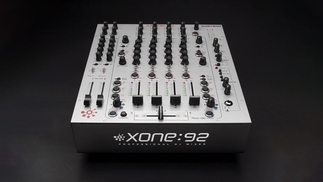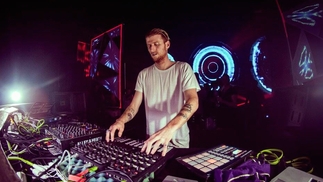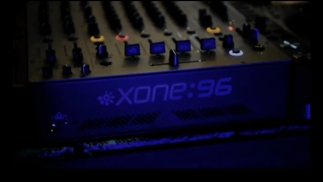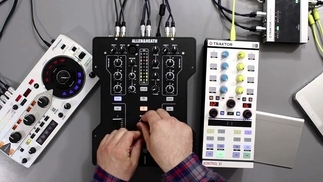Q&A: D'JULZ
We speak to Parisian DJ and producer D’Julz about celebrating four years of Bass Culture Records
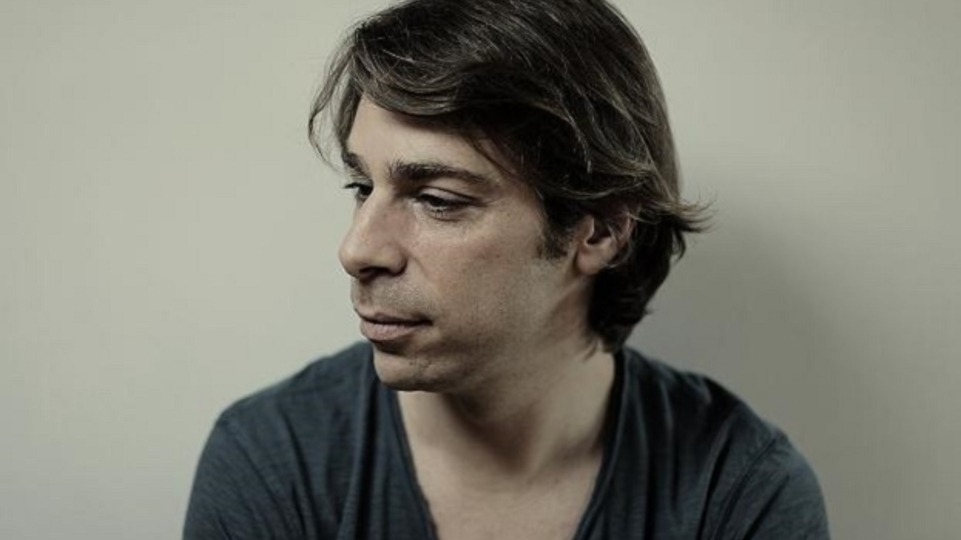
What was it like putting together your new mix compilation?
“Compared to all the other mix compilations I have done in the past, this was the most difficult one to do. This is most likely because I tried to combine different concepts into one. To begin with, it’s a compilation of my label Bass Culture Records, so it had to represent all the styles released on the imprint in the best possible way, while showcasing as many possible artists who released on the label over the last four years.
“Secondly it’s also a D’Julz mix, meaning it had to be representative of my DJ style in terms of flow and programming, and be in sync with what I would play in a club.”
How did you choose the music that is on the comp?
“The first task was to go through 40 releases on Bass Culture that were available (encompassing old, new and forthcoming ones). Each release had an average of three tracks on them, so I’ll let you do the maths. I went through about 120 tracks in all. After arriving at a pre-selection of about 30 tracks, I was finally ready to play around with them and improvise.”
What DJ equipment did you use to mix the comp?
“The first technical questions that came up were whether I should use vinyl, CD/USB or computer? As a DJ I now use vinyl and USB. I want the audience to feel a human touch and vibe, even if it’s not perfect. This meant that making the mix on a computer was out of the question.
Some tracks that I wanted to use were not available yet on vinyl, and I also wanted to be able to edit some, therefore CD was the best choice for this project. I did the mix at home with an Allen & Heath XONE:92 and two Pioneer CDJ 2000s. Using my old Urei mixer plugged directly into my Fireface soundcard, I recorded each mix in Ableton to make later edits easy.”
Are you happy with the way the flow of the mix feels?
“I must have done about 20 versions, the listening process was the longest part. To really feel the flow of the mixes and notice which parts were right and wrong, I had to listen to all of them from beginning to end. Slowly, the high and lows of the mixes started to appear and I’m happy to say the start of the mix was fine right away. The vibe of the Fred P remix of Kasper’s ‘Jaia’, DJ Qu’s remix of Joel Alter’s ‘Rules of Love’ and Joel Alter's ‘Silence Is Golden’ proved perfect for the deep start I had in mind.
“I also knew I wanted to have a progression and get pretty techy towards the end, so the Mr G tracks were also a no-brainer — ‘Got That Swing’, ‘Sunday Blues (Kasper Remix)'. The middle of the mix was the tough part. I really struggled to get those three or four middle tracks to sit right together.
After a good week of work I came down to two versions of a slightly similar tracklist, but with different combinations. I sent these mixes to a few trusted friends’ ears to help make a final choice, but it wasn’t helpful since they all had different opinions! I just had to trust my gut to choose the right one.”
What did you use Ableton for?
“I just had time to do a few final edits with Ableton 9 before sending it to mastering. I listened to the mix one last time and cut one minute and 30 seconds off it to improve the flow as best I could, but without losing the intensity, so it could fit within 80 minutes.
“I wanted to do proper mastering for this project to give it the extra warmth I could using WAV instead of vinyl. My friend David from Color Sound Mastering processed the compilation through different pieces of gear including Manley EQs and some top-range compressors and tube pre-amps, and there it was!”
